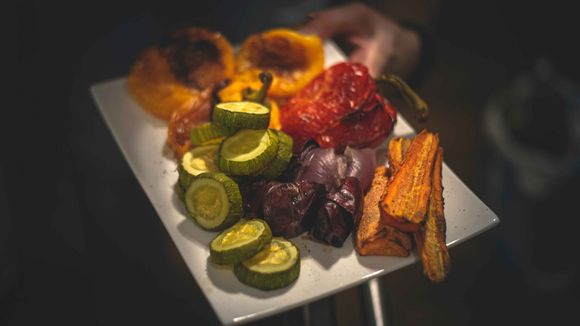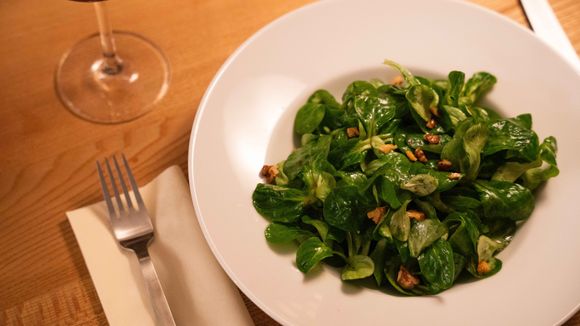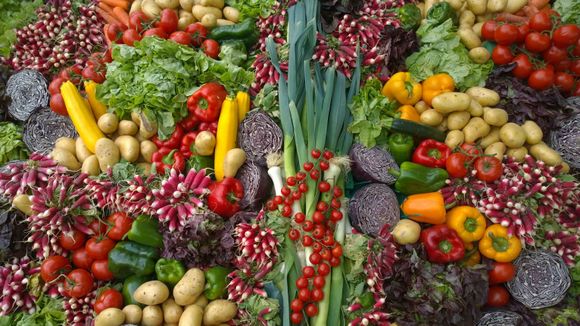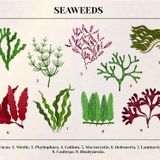Benefits for Health Conditions and Diseases
A plant-based diet, which primarily consists of fruits, vegetables, whole grains, legumes, nuts, and seeds, has been associated with numerous health benefits. Research has shown that adopting a plant-based diet can help prevent and manage chronic conditions such as heart disease, type 2 diabetes, and certain types of cancer.
- Heart Disease: A study published in the Journal of the American Heart Association found that a plant-based diet can reduce the risk of heart disease by 16% and the risk of coronary heart disease by 31% (Kim, H., Caulfield, L. E., & Rebholz, C. M., 2019). The high fiber content, along with essential vitamins and minerals found in plant foods, contribute to improved heart health.
- Type 2 Diabetes: A review of several studies published in the journal Nutrients concluded that plant-based diets can lower the risk of type 2 diabetes and improve glycemic control, insulin sensitivity, and weight management (Toumpanakis, A., Turnbull, T., & Alba-Barba, I., 2018). These benefits can be attributed to the low glycemic index of plant-based foods and the abundance of phytonutrients that support overall health.
- Cancer: A study published in JAMA Internal Medicine showed that a higher intake of whole plant foods was associated with a lower risk of developing certain types of cancer, particularly breast, prostate, and colorectal cancers (Song, M., & Giovannucci, E., 2016). The antioxidants, fiber, and other bioactive compounds in plant foods are believed to play a protective role against cancer development.
(1)Kim, H., Caulfield, L. E., & Rebholz, C. M. (2019). Healthy Plant-Based Diets Are Associated With Lower Risk of All-Cause Mortality in US Adults. Journal of the American Heart Association, 8(7), e011737. https://doi.org/10.1161/JAHA.119.011737 (2)Toumpanakis, A., Turnbull, T., & Alba-Barba, I. (2018). Effectiveness of plant-based diets in promoting well-being in the management of type 2 diabetes: a systematic review. Nutrients, 10(10), 1488. https://doi.org/10.3390/nu10101488 (3)Song, M., & Giovannucci, E. (2016). Preventable incidence and mortality of carcinoma associated with lifestyle factors among white adults in the United States. JAMA Internal Medicine, 176(10), 1450-1456. https://doi.org

Photo by Egor Myznik on Unsplash
Plant-Based Recipes
Lentil and Vegetable Curry
Ingredients:
- 1 cup dried green lentils
- 1 onion, chopped
- 2 cloves garlic, minced
- 2 cups diced tomatoes
- 1 cup chopped carrots
- 1 cup chopped bell peppers
- 1 cup chopped zucchini
- 2 cups vegetable broth
- 2 tbsp curry powder
- Salt and pepper, to taste
Instructions:
- Rinse the lentils and cook them in a pot with 3 cups of water for 20-25 minutes, or until tender.
- In a large saucepan, sauté the onion and garlic in a small amount of water or vegetable broth until softened.
- Add the tomatoes, carrots, bell peppers, zucchini, vegetable broth, and curry powder. Bring to a boil and then reduce to a simmer for 15 minutes.
- Add the cooked lentils to the saucepan and simmer for an additional 5 minutes. Season with salt and pepper.
- Serve over brown rice or with whole-grain bread.

Photo by David Emrich on Unsplash
Spinach and Chickpea Stuffed Portobello Mushrooms
Ingredients:
- 4 large Portobello mushrooms, stems removed
- 1 can chickpeas, drained and rinsed
- 2 cups fresh spinach, chopped
- 1/2 cup diced red onion
- 1 clove garlic, minced
- 1/4 cup nutritional yeast
- Salt and pepper, to taste
Instructions:
- Preheat oven to 375°F (190°C). Line a baking sheet with parchment paper.
- In a skillet, sauté the onion and garlic in a small amount of water or vegetable broth until softened. Add the spinach and cook until wilted.
- In a bowl, mash the chickpeas with a fork or potato masher, leaving some texture. Stir in the cooked spinach mixture and nutritional yeast. Season with salt and pepper.
- Place the Portobello mushrooms on the prepared baking sheet, gill-side up. Spoon the chickpea mixture evenly into the mushroom caps.
- Bake for 20-25 minutes, or until the mushrooms are tender and the filling is heated through. Serve with a side of mixed greens or roasted vegetables.
Questions and Answers
Q: Can I get enough protein on a plant-based diet?
A: Yes, plant-based diets can provide adequate protein from sources such as beans, lentils, tofu, tempeh, seitan, whole grains, and nuts.
Q: Is a plant-based diet the same as a vegan diet?
A: While both diets focus on consuming plant-based foods, a vegan diet excludes all animal products, whereas a plant-based diet may include small amounts of animal products.
Q: Can I still eat processed foods on a plant-based diet?
A: While a plant-based diet emphasizes whole, unprocessed foods, it is possible to include some processed foods in moderation. Be mindful of their nutritional value and choose healthier options when possible.
Q: How do I ensure I get enough nutrients like calcium and iron on a plant-based diet?
A: Incorporate a variety of plant-based foods that are rich in these nutrients. Calcium can be found in leafy greens, fortified plant milk, and tofu, while iron can be found in beans, lentils, and fortified cereals.
Q: Is a plant-based diet suitable for children and pregnant women?
A: Yes, a well-planned plant-based diet can be nutritionally adequate for people of all ages and life stages, including children and pregnant women. Consult a healthcare professional for guidance on meeting specific nutrient needs.








